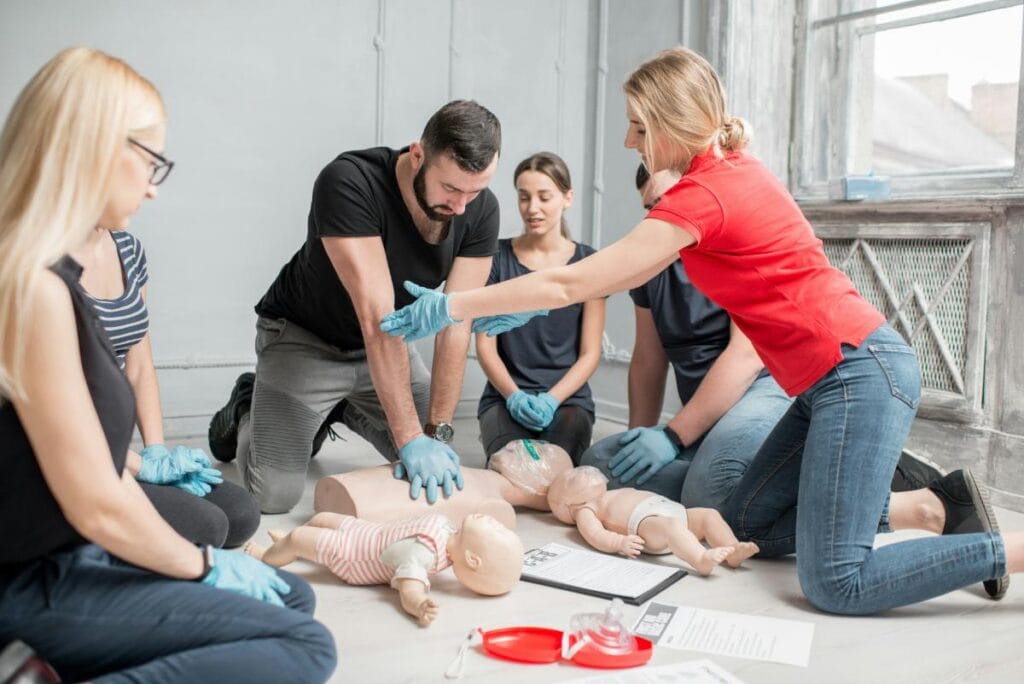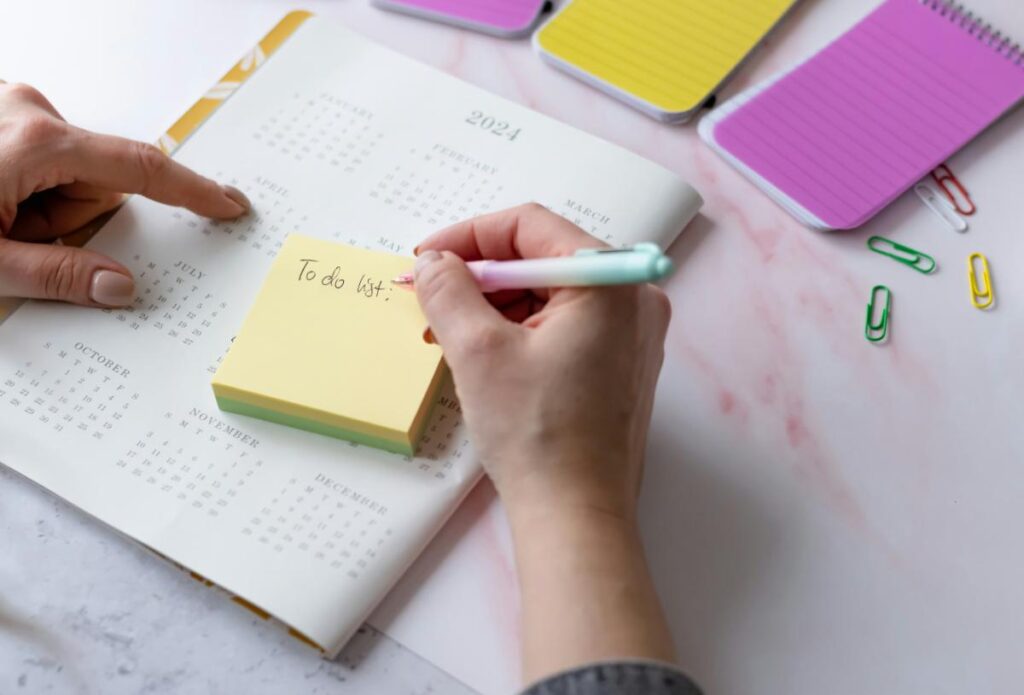
Becoming an adult doesn’t happen overnight. One day, you realize you’re the person everyone’s turning to when the faucet leaks, the power goes out, or the budget doesn’t add up.
Whether you’re in your twenties or well into middle age, it’s never too late to pick up skills that make life feel less overwhelming. Mastering a few core abilities helps you feel prepared, confident, and capable, even when life throws you a curveball.
1. Managing Your Finances
Money might not buy happiness, but it certainly pays the bills and reduces stress. Learning how to handle your finances is one of the most important skills you can develop.
Start with a simple budget that tracks your income and expenses. Make it a habit to set aside a little each month in an emergency fund. You’ll be grateful you have it when unexpected costs pop up.
Understanding how credit works, keeping your debt manageable, and planning for long-term goals like retirement will set you up for security down the road.
2. Emergency Preparedness and Safety Training

Emergencies rarely give you a heads-up. From household accidents to natural disasters, being prepared can make all the difference.
One of the best things you can do is learn basic first aid and CPR. Attending Safety Training Seminars is a practical way to build confidence and gain lifesaving skills you hope you’ll never need but will be glad to have if you do. Knowing how to perform CPR, stop bleeding, or help someone in distress empowers you to stay calm and take action when seconds count.
3. Cooking Basic, Healthy Meals
Even if you don’t have plans to become the next celebrity chef, knowing how to cook a few healthy, nourishing meals as an adult is important. Start by learning simple recipes you can rely on, like roasted chicken, stir-fries, or a hearty pot of soup.
Stock your pantry with staples such as rice, beans, pasta, and canned tomatoes. Not only does cooking at home save money, but it also lets you control what goes into your food, helping you feel your best.
4. Basic Home Maintenance

Homes need care, and knowing how to handle little repairs keeps them running smoothly. Learn how to unclog a drain, patch small holes in the wall, and reset a tripped breaker. It’s also wise to know where your main water shutoff valve is located in case of a plumbing emergency.
Checking smoke detectors, replacing filters, and keeping up with seasonal maintenance helps prevent bigger problems down the line.
5. Effective Communication
Good communication requires both listening and understanding. Whether you’re resolving a disagreement with a loved one or advocating for yourself at work, clear and respectful communication is a skill worth practicing.
Take time to think before you speak, and try to see things from the other person’s perspective. Setting healthy boundaries and expressing your needs calmly can strengthen your relationships and reduce unnecessary conflict.
6. Time Management and Organization

If you’ve ever felt like there simply aren’t enough hours in the day, you’re in good (and frazzled) company. Time management can help you make the most of your schedule without feeling like you’re constantly in a losing race.
Start by listing your priorities and breaking bigger tasks into smaller, manageable steps. Use a planner or digital calendar to track appointments and deadlines.
Even setting aside 10 minutes at the start of each day to map out a to-do list can make everything feel more under control.
7. Car Care Basics
Your vehicle is a big investment, and a little knowledge goes a long way toward keeping it safe and reliable. Learn how to check your oil and other fluids, monitor tire pressure, and jump-start a battery. It’s also smart to keep an emergency kit in your trunk with items like jumper cables, a flashlight, and a first aid kit.
Staying on top of routine maintenance, like oil changes and brake inspections, helps prevent bigger (and more expensive) issues later.
8. Stress Management and Self-Care
Taking care of yourself isn’t selfish. Stress has a sneaky way of piling up, especially when you’re juggling work, family, and personal obligations. Make time for activities that help you decompress, whether that’s reading a book, taking a walk, or enjoying a hobby you love. Getting enough sleep, establishing a good self-care routine, and staying active can also help you manage stress in healthy ways.
9. Building Healthy Relationships
Strong relationships are one of life’s greatest gifts, but they take effort to maintain. Be intentional about nurturing your connections with family, friends, and your community. Small gestures, like checking in regularly or offering help when someone’s struggling, go a long way.
Equally important is knowing when to set boundaries or let go of relationships that drain your energy. Surround yourself with people who support and uplift you, and don’t be afraid to invest time in new friendships, too.
No one has all of these skills mastered perfectly, and that’s okay. You have the rest of your life to be an adult, so you’ll learn along the way. However, by focusing on these core areas, you’ll build confidence and resilience that can carry you through whatever life brings. Choose one skill to start with and take it one step at a time. Before you know it, you’ll feel more capable and prepared than ever.
